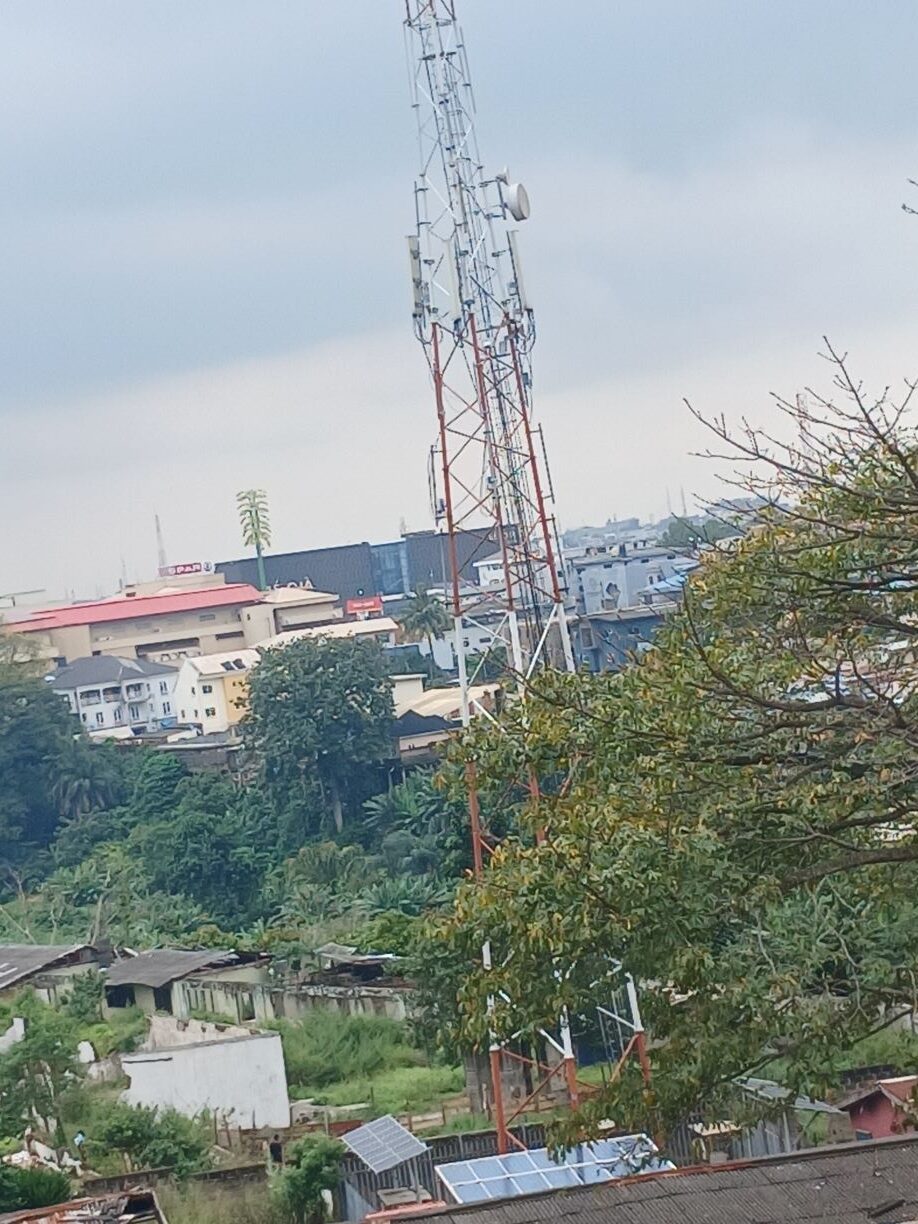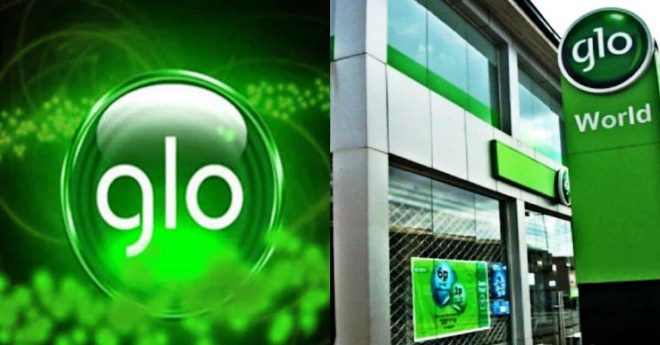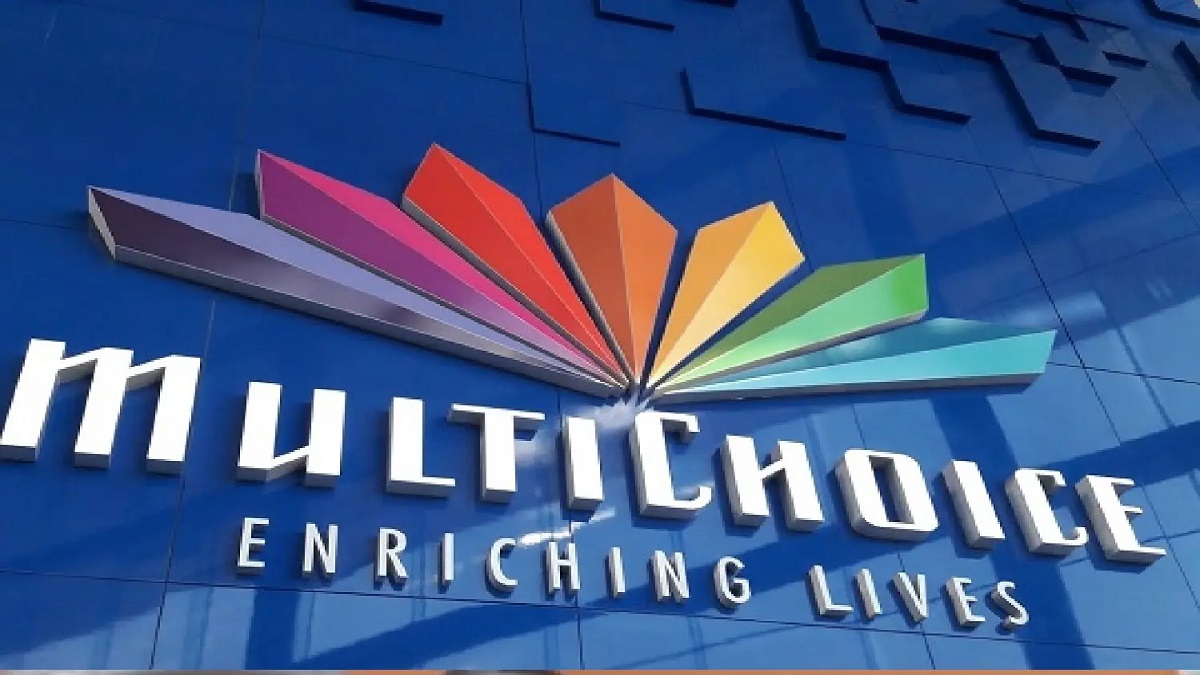A 50 per cent tariff hike in end user tariffs of telecom services in Nigeria will spur business expansion, potentially reducing poverty levels in Africa’s most populous nation, Global System for Mobile Communications Association (GSMA), has said.
Its head of sub-Saharan Africa, Angela Wamola, who spoke during a virtual press conference, said private capital will only go to countries with a viable business environment, adding that the increment would unlock investment and spur growth.
She stated that revenue seen from these investments in terms of tax would be used in providing necessary services for the people which, in the long run, improve their standard of living.
“The 50 per cent hike is all about making sure that we are able to see how we continue to attract more investment and how to plow back that revenue into rebuilding, more services, newer technologies, improving the quality of services.
“People in the streets, in their shops, in their houses get value to do what they need to do because we need to increase income households at the end of the day,” Wamola said.
According to senior director public policy and communications sub-Saharan at GSMA, Caroline Mbugua, telecom is a sector that is committed to delivering, good quality of service to, customers across Nigeria.
“That’s why there needs to be a continued conversation to demystify the issues around the telecommunications sector, the tariff hike and how it is going to impact the wider economy and the consumer. If you look at the value, it goes beyond just the sector. We see sectors such as health, energy, manufacturing, agriculture benefiting immensely from connectivity,” she said.
The Nigerian Communications Commission (NCC) in January approved a 50 per cent hike in telecom tariff after a 12-year hiatus in a bid to cushion the pains of operators who are contending with the twin devaluation of naira and high inflationary pressures spiking operating costs.
The hike which is coming over a decade of operating the current adjustment is however coming amid high cost-of-living. It is not sitting well with many Nigerians, leading to the Nigeria Labour Congress (NLC), announcing a demonstration holding February 4 to reject the upward review






